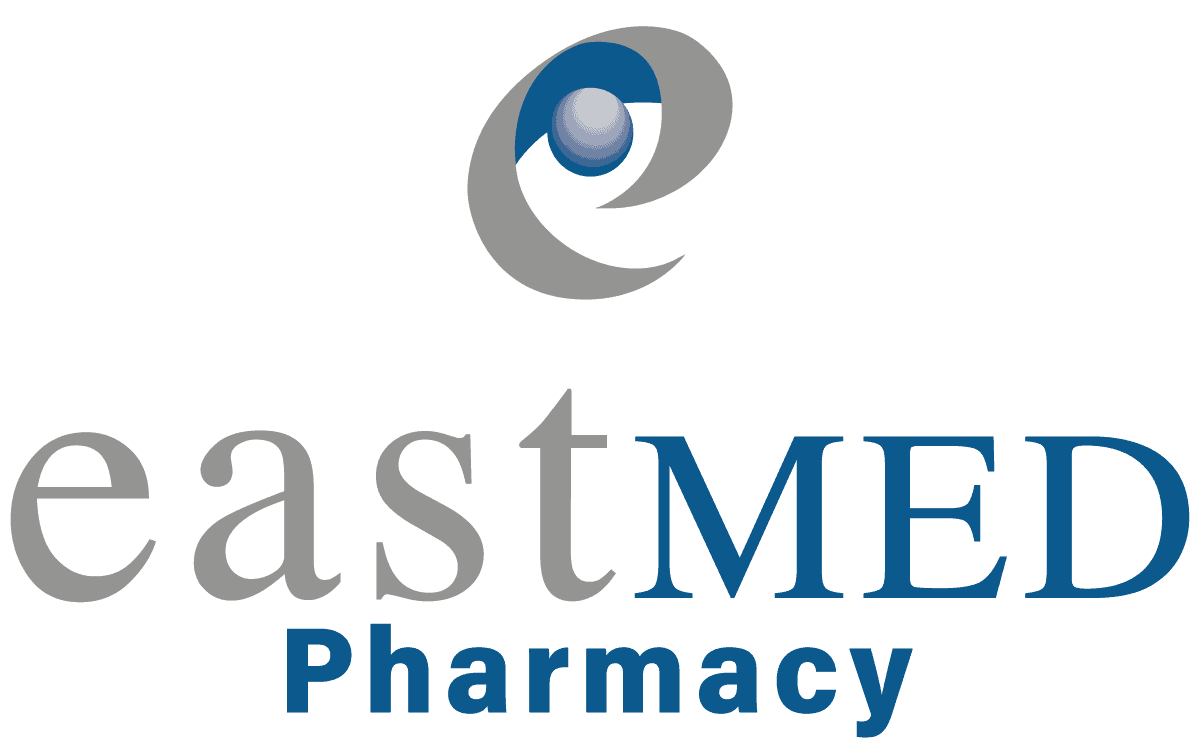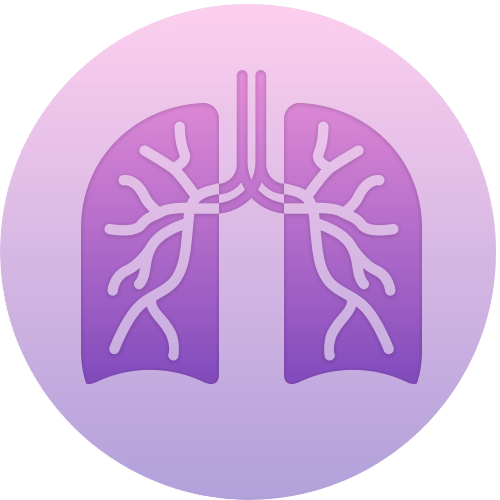COVID-19 Vaccine – Hope or Concern?
In the midst of a global pandemic, the Pfizer press release announcement on Tuesday could not come at a better time. They declared positive interim results from the Phase 3 human clinical trials of their COVID-19 vaccine.
According to Pfizer, preliminary data suggested their COVID-19 vaccine is more than 90% effective at protecting people from the infection compared to people in the trial who received a placebo of saltwater.
To truly appreciate and get the sense of how extraordinary these findings are, let’s put things into perspective. One of the criteria that FDA officials laid out was that the COVID-19 vaccine must be at least 50% effective to consider approval. In comparison to other licensed influenza vaccines that are available in the market, most are sitting somewhere between 40% to 60% effective on a year with good predictions. This is because the influenza virus keeps evolving into forms year after year. If these preliminary results hold true to the end of the trial, this COVID-19 vaccine could outperform a regular flu vaccine and hence could seriously flatten the curve of this pandemic.
The excitement and enthusiasm for such promising results created a huge ripple effect around the world as there could finally be a light at the end of the tunnel. This could put an end to the outbreak which resulted in more than 51 million people infected and caused 1.2 million deaths and counting across all continents. Not to mention the amount of fear, anxiety, and massive financial implications created from the numerous lockdowns of major financial centres around the world for most of 2020.
According to our government, the promising vaccine could be made available to New Zealand as early as in the first quarter of 2021 as the Government signed a deal with Pfizer and partner company BioNTech back in October to purchase 1.5 million doses of the vaccine, enough for 750,000 vulnerable New Zealanders.
Being healthcare professional, we are trained to foster scepticism when interpreting scientific findings. Our ears and eyes are fine-tuned to details that the general public might not have otherwise placed their focus on. Although the press release boasted about the efficacy of the promising vaccine, the information released at this early stage does not answer several key questions that are necessary before we can truly understand whether the vaccine could stamp out the COVID-19 pandemic.
Does the vaccine protect against mild, moderate, and severe infections?
A piece of crucial information that was missing from the announcement is about the spectrum of the infection the vaccine can protect against. We are not sure at the moment whether the vaccine can protect people from only mild infection of COVID-19 or from moderate to severe infections as well.
Also, there is no mention of whether the vaccine could protect against cases with no symptoms because the study only considered people to have contracted COVID-19 if they both tested positive and experienced symptoms.
How effective is the vaccine in protecting the elderly population?
In regards to how well the vaccine will perform in different age groups, there is no information about the efficacy of the vaccine in the elderly population (over 65s) and also people with pre-existing health conditions. Based on the available evidence from the pandemic, these are the most susceptible groups of people to likely experience severe infections and complications. In other words, the overall 90% efficacy of the vaccine may not extends to those in the most venerable groups.
Can the vaccine stop virus transmission?
While the preliminary data suggest the extraordinary efficacy of the vaccine in reducing the risk of contracting COVID-19, we do not know whether it has a role in suppressing the virulent effect of the virus or eliminating it to reduce the risk of spreading the virus – which is crucial in flattening the pandemic curve. Imagine how effective the vaccine would be if it only suppresses the symptoms and virus but is not able to prevent the spread to vulnerable groups.
Is telescoping the clinical trials timelines safe?
Another big question lies in the time frame in which the clinical trials were conducted. To speed up controlling the pandemic as fast as possible and to put a halt to the number of deaths, the FDA is granting authorisation to allow the approval of any COVID-19 vaccines that can demonstrate a good short-term safety profile under an Emergency Use Authorisation. This bypasses the need to demonstrate safety for more than one year after vaccination as with the standard approval process. Telescoping the clinical trials timelines may not be sufficient enough to answer the question of how safe the vaccine could be and sequentially expose all of us to the unknown potential long-term side effects of the vaccine. Also, without a decent surveillance period, we would not be able to determine how long the immunity lasts – would it be a few months like the flu vaccine? Or a lifelong immunity like smallpox or measles?
After what everyone been through for the past year, there is no doubt that there is an immediate need to put an end to the pandemic. Economies around the world are entering a recession phase that could possibly be one of the worse periods in the history of humankind. Governments are stacking up billions in debts and millions of job losses are happening right before our eyes. All attention has been placed on rushing a COVID-19 vaccine to the market. However, we need to ask ourselves what are the costs that come with a fast-tracked vaccine. Are we risking the potential life lost as a result of a rushed development? Is the risk too great in comparison to the public health solutions we have in hand already that have proven to be effective in controlling the virus?
Despite many unanswered questions around the COVID-19 vaccine, that still hasn’t damped my enthusiasm for the achievements and the extraordinary efficacy of the promising vaccine. Let’s all hope this is the panacea that we all been looking for in 2020.



















